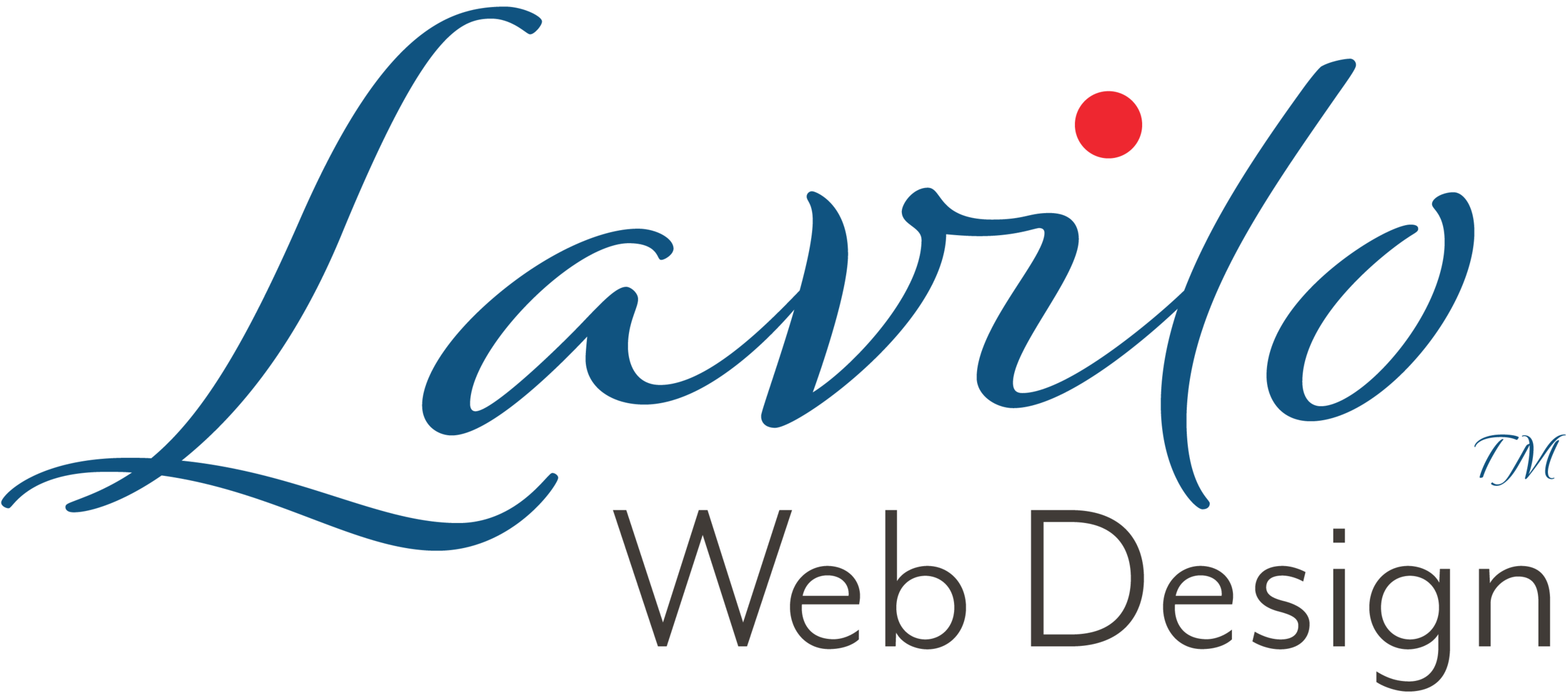Do You Need a Business Plan?
Thinking through all the factors influencing the realization of your idea and how they affect everything else around you is the most important and most beneficial part of developing a plan.
The stereotypical answer many consultants and business bloggers give to whether you need a business plan always seems to be a resounding YES.
But, honestly, do you really need one?
Loan officers at banks usually request a business plan. If your business depends on bank financing, you must provide the bank with all the documents required to approve your loan.
But aside from the bank and similar external parties, do you feel you need a business plan to run your company successfully? As a confident entrepreneur, you are probably vigorously shaking your head, thinking what a waste of time these business plans are since you know every aspect and detail of your company. You wouldn't be making business plans if the bank, outside partners, or shareholders didn't ask for them.
In my career, I have heard many of these reasons. Developing a business plan is time-consuming and tedious, and the assumptions underlying financial projections are often outdated within months.
Why I advocate for business plans has nothing to do with external requirements from banks, partners, or shareholders.
My reasoning is entirely internally driven. Business plans can be useful to you because they can help you make better decisions. It might seem a bit counterintuitive, but the time you spend developing your business plan is often more important than the final plan itself.
Before Putting Pen to Paper
Imagine you want to become an author and write your first book. Before putting pen to paper, you must have a good idea of your book's purpose, potential readership, plot, characters, and your own goals and availability as an author. Do you need to take time off work to write this book, or can you do it in your free time? Do you have enough money saved to support your family while you do your research? Who will be your publisher?
I am only scratching the surface of everything you need to consider before your first keystroke. But once you've matched all the requirements to your capabilities and developed a viable plan, you can finally start writing.
Thinking through all the factors influencing the realization of your idea and how they affect everything else around you is the most important and most beneficial part of developing a plan.
You May Already Be Using Business Plans Without Knowing It
You are probably not thinking of writing a book. But maybe, you are contemplating renting a larger store, expanding to a different city, adding more warehouse space, hiring new employees, or running a social media ad campaign. These are all great ideas but are they also viable, or will they exhaust your financial resources, disrupt your operational setup, confuse your customers, and distract you from achieving your company's goals?
The best way to find out is to write down what resources you require for each of these ideas to succeed, and what success looks like. It's important that you capture all of your assumptions about resources, money, goals, and results in writing so that you can return to them later and make changes. If some of these assumptions turn out to be overly optimistic or unrealistic, adjust them and see if they align better with your financial situation and goals. It usually takes several iterations to determine if your idea is economically viable.
At the end of the process, if you conclude that your idea is viable and pursue it further, it will be a rational decision based on a solid plan. Since you have written it down, it is called a business plan.
Keeping Your Promises Transparently
A written business plan is like a promise. A promise that you will implement and deliver what it says. That's why bankers, shareholders, and partners love them. A written business plan holds you accountable to deliver the committed results. These can be revenue or profit growth or any non-financial metric.
In my experience, however, the most significant benefit of business plans is that they make it transparent if the implementation is going according to plan or if you are encountering obstacles and how a deviation from the plan will affect your finances. Without a plan, you wouldn't know.
Transparency and accountability are the main reasons you should develop a business plan before making major decisions.











